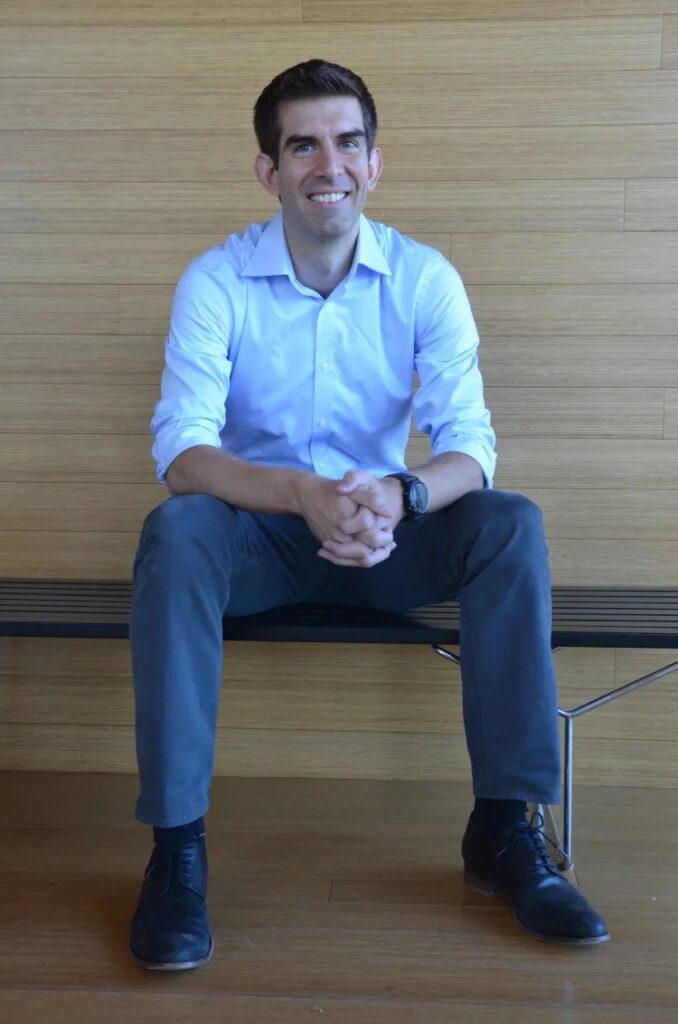April 19, 2022 11:00 am – 12:00 pm
Location: Instructional Center 105
Also live streamed at https://gatech.zoom.us/j/96813456832
Zoom Meeting ID: 968 1345 6832

Adam Wierman
Professor
Caltech
Abstract
Making use of modern black-box AI tools is potentially transformational for online optimization and control. However, such machine-learned algorithms typically do not have formal guarantees on their worst-case performance, stability, or safety. So, while their performance may improve upon traditional approaches in “typical” cases, they may perform arbitrarily worse in scenarios where the training examples are not representative due to, e.g., distribution shift or unrepresentative training data. This represents a significant drawback when considering the use of AI tools for energy systems and autonomous cities, which are safety-critical. A challenging open question is thus: Is it possible to provide guarantees that allow black-box AI tools to be used in safety-critical applications? In this talk, I will introduce recent work that aims to develop algorithms that make use of black-box AI tools to provide good performance in the typical case while integrating the “untrusted advice” from these algorithms into traditional algorithms to ensure formal worst-case guarantees. Specifically, we will discuss the use of black-box untrusted advice in the context of online convex body chasing, online non-convex optimization, and linear quadratic control, identifying both novel algorithms and fundamental limits in each case.
Biography
Adam Wierman is a Professor in the Department of Computing and Mathematical Sciences at Caltech. He received his Ph.D., M.Sc., and B.Sc. in Computer Science from Carnegie Mellon University and has been a faculty at Caltech since 2007. Adam’s research strives to make the networked systems that govern our world sustainable and resilient. He is best known for his work spearheading the design of algorithms for sustainable data centers and his co-authored book on “The Fundamentals of Heavy-tails”. He is a recipient of multiple awards, including the ACM Sigmetrics Rising Star award, the ACM Sigmetrics Test of Time award, the IEEE Communications Society William R. Bennett Prize, multiple teaching awards, and is a co-author of papers that have received “best paper” awards at a wide variety of conferences across computer science, power engineering, and operations research.